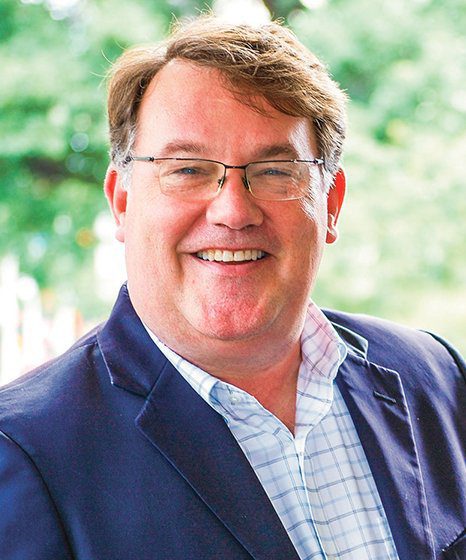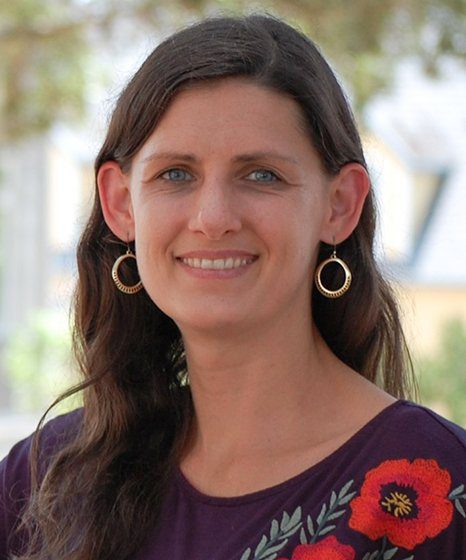
Mike Schutt

Tuesday was the 850th “anniversary” of the murder of Thomas Becket on the steps of Canterbury Cathedral by King Henry’s knights. The commemoration on December 29 is often seen as a reminder of the danger of a powerful state in conflict with the Church.
And it is that.
For me, however, having taught T.S. Eliot’s Murder in the Cathedral to high school students for years, Becket’s martyrdom usually brings to mind the call to ordinary people to live ordinary lives in the face of uncertainty, injustice, and death.
In fact, it is only because of Christ’s death that we can live life in hope—even in the face of great evil in the world.
Eliot sets the atmosphere of his play through a “Chorus” of the Women of Canterbury, worried by their sense of impending doom upon the return of Thomas to Canterbury from France. They are right to be worried, of course, because he is soon murdered. Brilliantly, however, Eliot shows the transformation of the Chorus—brought about by the very thing they fear, the death of Becket—from terror to hope.
Eliot uses this Medieval murder to teach us moderns a thing or two about reality.
Eliot has Becket deliver a beautiful Christmas Day sermon in which he reads the text, then asks,
Does it seem strange to you that the Angels should have announced Peace, when ceaselessly the world has been stricken with War and the fear of War? Does it seem to you that the angelic voices were mistaken, and that the promise was a disappointment and a cheat?
We ask ourselves the same question these days, I know.
The answer that Becket brings is the answer on which we rely: “My peace I give to you, but not peace as the world gives.”
Our transformation from fear to hope is based on this peace that is not from this world. In the play, Eliot centers this transformation on the Chorus—fearful, ordinary people living ordinary lives.
During the first days of Christmas, but before Becket is murdered, the Chorus asks, “Between Christmas and Easter, what work shall be done?” They complain that the “waiting is long” and that the ploughman “turns the same earth he has turned before.” The hope of Easter, in other words, seems a long way off, especially in light of the terror of life.
Yet because of Christmas, we can look to Easter in hope.
In Eliot’s vision, this looking in hope does not depend on activism and action, but on waiting and being. In contrast to the Chorus of women, the murderers are men of decisive political action. According to one knight, “Unhappily, there are times when violence is the only way in which social justice can be secured.”
Yet the Chorus, getting the final word, praises God in the ordinary and mundane tasks of life:
We praise Thee, O God, for Thy glory displayed in all the creatures of the earth, ….
Therefore man, whom Thou hast made to be conscious of Thee, must consciously praise Thee in thought and word and deed.
Even with the hand to the broom, the back bent in laying the fire, the knee bent in cleaning the hearth, we, the scrubbers and sweepers of Canterbury ….
We, too, have work to do, between Christmas and Easter, and because of Jesus, we do our work in gratitude and hope.

Mike Schutt
Director, CLS Law School Fellows

Alanna Walker
Grants Coordinator

Michelle Williams
Law Student Ministries Coordinator
GET UPDATES
The views expressed on the CLS Blog are the views of the individual authors and do not necessarily reflect the positions of Christian Legal Society.
The purpose of the CLS Blog is to generate discussion with a free exchange of ideas and opinions.
▦ |CLS - Christian Legal Society © 2024|














































